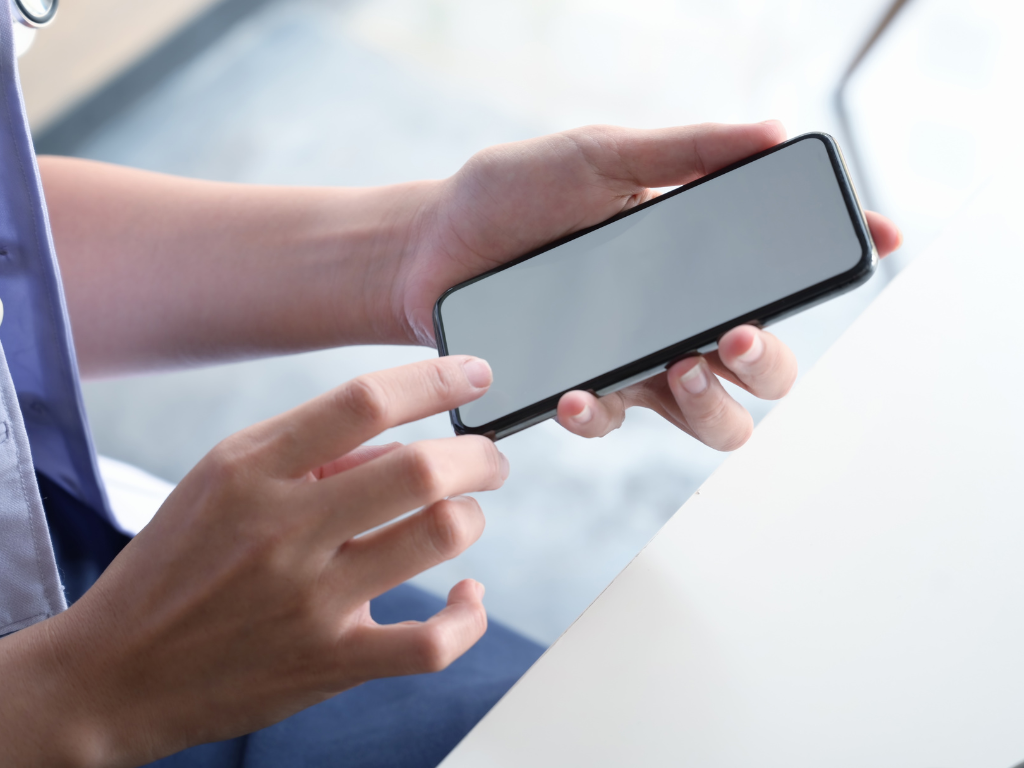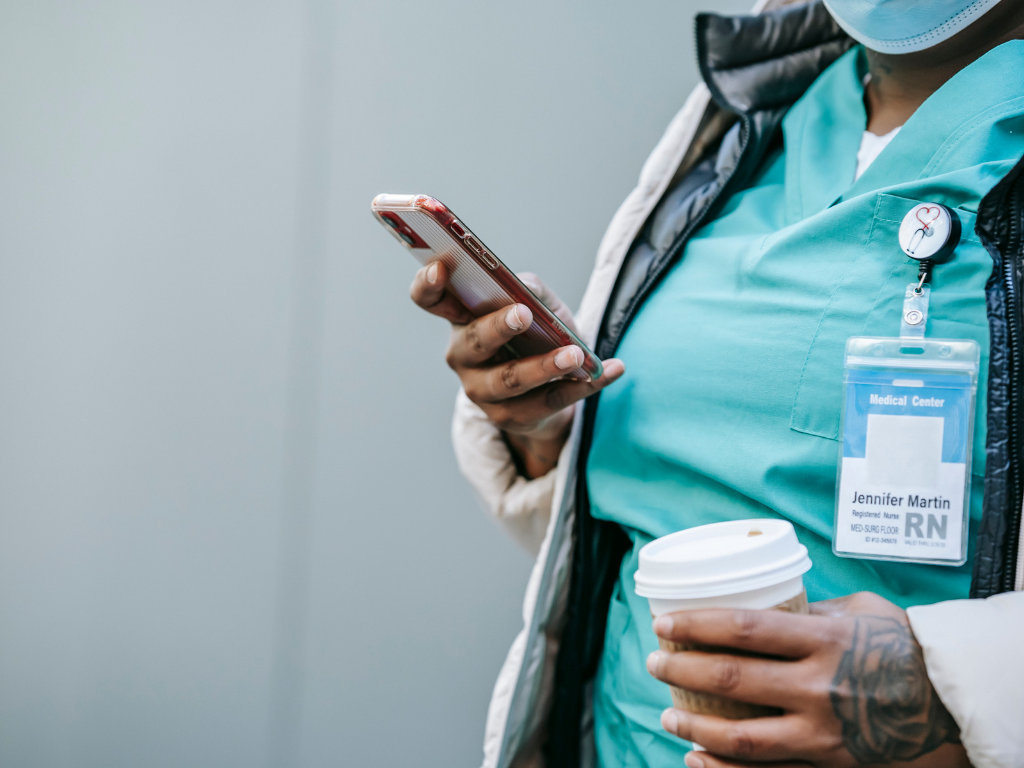Many are not SMS HIPAA compliant due to insufficient security measures, like encryption. In certain cases, SMS can be HIPAA-compliant when texting patient info with documented consent, accompanied by warnings about risks of unauthorized disclosure.
For HIPAA compliance in SMS, healthcare organizations must use platforms with encrypted data, secure patient consent storage, and access controls. Although not automatically HIPAA-compliant, SMS can achieve compliance through the proper implementation of administrative, physical, and technical safeguards.
Table of Contents
Is SMS HIPAA Compliant by Default?
No, SMS and HIPAA compliance for sharing PHI due to insufficient Security Rule safeguard. Using a HIPAA-compliant messaging app that has the necessary controls and encryption can also make text messaging HIPAA-compliant.
These platforms must meet the security and privacy requirements automatically and by default. It’s also important for a consent tool for two-way texting, enabling practices to seek patient consent before discussions involving PHI disclosure.
SMS in Healthcare: Benefits
The following benefits and challenges highlight the potential of SMS messaging in healthcare. In addition with a need for careful consideration of privacy and compliance issues.
Improved communication
SMS is practical for patients who struggle with calls, lack a stable address, or can’t easily visit a provider’s office. This approach helps healthcare providers reach a diverse range of patients, overcoming communication barriers and fostering engagement in various circumstances.
SMS immediacy ensures timely information dissemination, enhancing effective and accessible healthcare communication for better engagement and understanding.
Accessibility
SMS messaging emerges as an exceptionally accessible telehealthcare method, surpassing certain alternatives. Its ease facilitates patient engagement with healthcare providers, fostering seamless communication and interaction. This convenience is especially beneficial for patients, removing potential barriers that might impede their connection with healthcare professionals.
Health outcomes
Text messaging contributes significantly to enhancing health outcomes by empowering patients to manage their well-being actively. This is achieved through regular updates and information about their health status, treatment options, and self-care measures.
Through SMS, healthcare providers can send timely medication reminders, share lifestyle education, and offer health tips, enhancing patient engagement and care.
Efficiency and cost reduction
SMS messaging offers a pathway to cost reduction, heightened operational efficiency, and an enhanced patient experience within healthcare systems. This efficiency improvement is particularly notable in appointment reminders, follow-up communications, and dissemination of routine information.
The integration of SMS messaging results in a multifaceted improvement, addressing both financial considerations and the quality of patient care.
SMS in Healthcare: The Challenges
Privacy concerns
Privacy concerns persist in the context of SMS messaging in healthcare. Misdirected messages could inadvertently disclose sensitive health information to unintended individuals, leading to breaches of confidentiality. Additionally, shared devices or unintended access by another user could result in inadvertent exposure to private health-related content.
HIPAA compliance
SMS texting lacks automatic HIPAA compliance, necessitating a comprehensive approach to ensure adherence. Implementing administrative, physical, and technical safeguards becomes crucial to storing and accessing patient health information securely.
Compliance needs a multifaceted strategy with administrative, physical, and technical measures for a robust framework safeguarding patient privacy in healthcare SMS.
Regulatory adaptation
Healthcare providers may face an adjustment period to accommodate new regulations about SMS messaging. New regulations often require workflow adjustments, staff training on compliance, and adopting updated technologies to ensure effective implementation.
Adapting to new regulations initially poses challenges, yet the goal is to enhance secure communication between healthcare providers and patients.
How to Ensure SMS HIPAA Compliance
Listed below are requirements to ensure HIPAA compliance when using SMS in the healthcare industry.
Follow security and privacy rules
HIPAA-compliant apps and software must meet the security and privacy requirements automatically and by default. Healthcare achieves HIPAA compliance through secure messaging solutions or training and implementing systems for HIPAA-compliant text messages.
Secure the messaging platform
Healthcare organizations need to use HIPAA-compliant messaging platforms. Platforms must encrypt data, safely store patient consent, and have access controls to ensure HIPAA compliance when using text messaging.
Obtain patient authorization
HIPAA allows covered entities to text health information if authorized by patients for SMS communication, ensuring compliance with privacy regulations. The patient authorization ensures awareness of risks and consent for the secure exchange of sensitive health data through text messages.
Implement encryption and access controls
Encryption safeguards message data, explicit patient consent is obtained, and access controls are implemented to protect sensitive health information. These collective efforts align with HIPAA regulations, maintaining the privacy and security of patient data in electronic communication.
Issue warning and obtain consent
HIPAA allows texting patient information if the Covered Entity warns of risks and obtains the patient’s consent for text communication. Both the warning and the consent must be documented.
Implement HIPAA compliant SMS services
To achieve HIPAA-compliant texting, organizations can implement a solution like a HIPAA-compliant messaging app. Such an app includes essential controls and encryption, ensuring compliance with HIPAA regulations for secure and protected communication.

Secure Text Communications in Healthcare
By adhering to these steps, healthcare entities can ensure the security, compliance, and effectiveness of their text messaging practices. This method helps healthcare organizations establish a strong, patient-focused text messaging system with a human touch.





